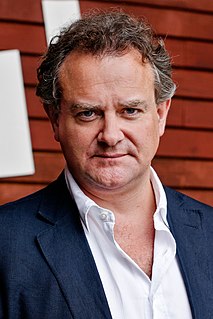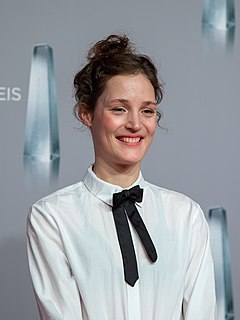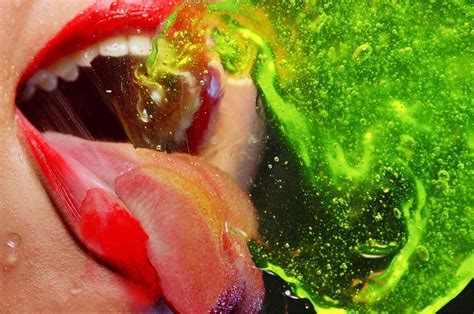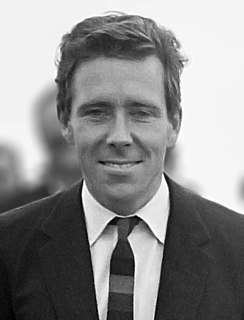A Quote by William Klein
I thought it would be good not to hide the fact that you're taking a photograph, and have people react and come in close and also make a commentary on what's being photographed: 'This is a photo, this is my point of view.'
Related Quotes
If you photograph for a long time, you get to understand such things as body language. I often do not look at people I photograph, especially afterwards. Also when I want a photo, I become somewhat fearless, and this helps a lot. There will always be someone who objects to being photographed, and when this happens you move on.
In the age of the camera phone it's a bit weird when you're sitting having dinner in a restaurant and people think they're being very subtle taking a photo while in fact they're being very obvious. When you're in a middle of a mouthful with friends or family and people come up asking for a photograph, that's when you want to say, 'Actually, I'm going to say no; I'd like to finish my meal. This is my time.'
I don't really enjoy being the center of attention, I find it hard. I think it's the celebrity culture you guys have over here, which we don't have so much, and if we have it I blend it out. I've been very successful by just blending it out, by not going to premieres and things. So if I'm invited to a premiere, I would go behind the photo screen, because why would I get my photo taken? I just don't see the point of myself being photographed. I'm not like this because I think I'm too cool. I'm not judging it, it's just not my thing.
The minute you start saying something, 'Ah, how beautiful! We must photograph it!' you are already close to view of the person who thinks that everything that is not photographed is lost, as if it had never existed, and that therefore, in order really to live, you must photograph as much as you can, and to photograph as much as you can you must either live in the most photographable way possible, or else consider photographable every moment of your life. The first course leads to stupidity; the second to madness.
Photographs bear witness to a human choice being exercised in a given situation. A photograph is a result of the photographer's decision that it is worth recording that this particular event or this particular object has been seen. If everything that existed were continually being photographed, every photograph would become meaningless.
I think it is quite wrong to photograph, for example, Garbo, if she doesn't want to be photographed. Now I would have loved to photograph her, but she obviously didn't want to be photographed so I didn't follow it up. Then somebody will photograph her walking down the street because she has to walk down the street, and I mind that sort of intrusion. I think this is horrible.






























